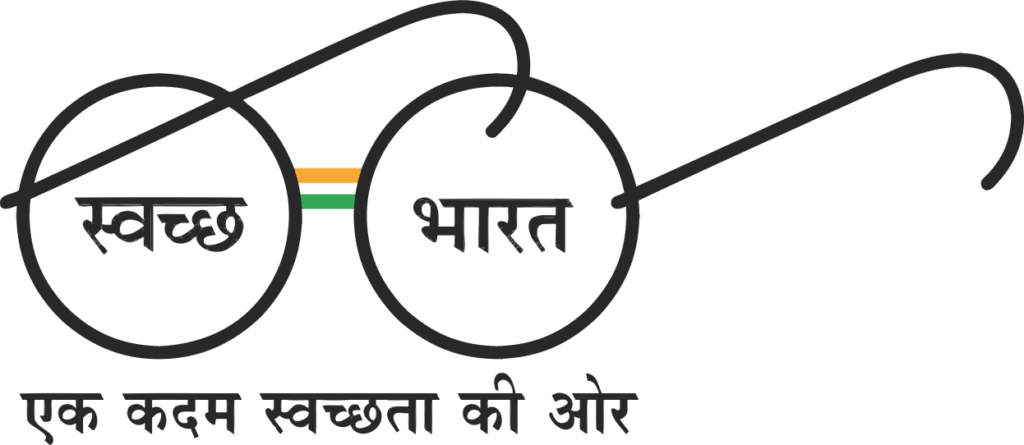All About Securities and Defence Policies
Security and defence policies are important for any country or organisation that wants to protect its people, assets, and interests from various threats and risks. These policies can be broad or specific, and they cover a wide range of issues, such as military preparedness, intelligence gathering, cybersecurity, and disaster response. Security and defence policies are developed and implemented by governments, but they also involve a wide range of other stakeholders, including the military, intelligence agencies, law enforcement, and civil society.
Defence policies are operational plans that describe the actions, resources, and capabilities for defending the country or organisation from external or internal threats, such as war, terrorism, or sabotage. They also specify the strategies, doctrines, and alliances for achieving defence objectives and maintaining national or organisational security. Defence policies help to deter and counter potential adversaries, as well as to support and cooperate with allies and partners.
Security policies are strategic plans that outline the goals, principles, and rules for protecting information, data, and systems from cyberattacks and other unauthorised access. Security policies can be broad or specific, and they cover a wide range of issues, such as physical security, information security, cybersecurity, and personnel security.
Here is an explanation of some important security and defence policies provided by the Indian government:
First is India’s Defense Procurement Policy, which aims to promote indigenous defence production and reduce reliance on foreign defence equipment. The policy encourages private sector participation in defence production and sets targets for increasing the share of indigenous content in defence equipment.
Another one is India’s Cyber Security Policy, which aims to protect the country’s critical infrastructure and cyberspace from cyber threats. This policy focuses on developing a secure and resilient cyber ecosystem, enhancing the country’s cyber security capabilities, and promoting awareness about cyber security among citizens and businesses. The policy also aims to establish a legal and regulatory framework for cyber security and to promote international cooperation in the field of cyber security.
India’s nuclear doctrine is also an important policy which is based on a “no-first-use” policy, which means that India will not use nuclear weapons unless it is attacked with nuclear weapons first. This policy also emphasises the country’s commitment to nuclear disarmament and to maintaining a minimum credible deterrent.
Furthermore, security and defence policies address the protection of critical infrastructure and assets. These include energy facilities, transportation networks, communication systems, and financial institutions. Safeguarding these assets is essential to ensure the uninterrupted functioning of the economy and the overall well-being of the population.
Another one is India’s Defense Diplomacy policy, which aims to enhance defence cooperation with other countries and promote India’s strategic interests. The policy focuses on building defence ties with friendly countries, participating in joint military exercises and training programs, and sharing expertise and technology with partner countries. The policy also aims to promote India’s defence industry and encourage defence exports. India has signed several defence agreements and partnerships with countries such as the United States, Russia, France, Israel, and Japan under this policy.
Security and defence policies are essential for ensuring the safety and well-being of people and organisations in a complex and uncertain world. They provide guidance, direction, and coordination for dealing with various threats and challenges, and for achieving security and defence goals. They also reflect the values, interests, and priorities of the country or organisation that adopts them and the expectations and obligations of the international community.
Conclusion
As we all know, delving into the realm of securities and defense policies underscores the importance of accessible information dissemination. With the convenience of CSC Seva, individuals can engage in a simplified process through CSC registration to apply for CSC services. This seamless interface ensures that citizens can readily access and navigate through crucial policies related to security and defense. The integration of Apply for CSC Seva stands as a testament to the government’s commitment to transparency and inclusivity, fostering a society where essential information and services are easily within reach.


